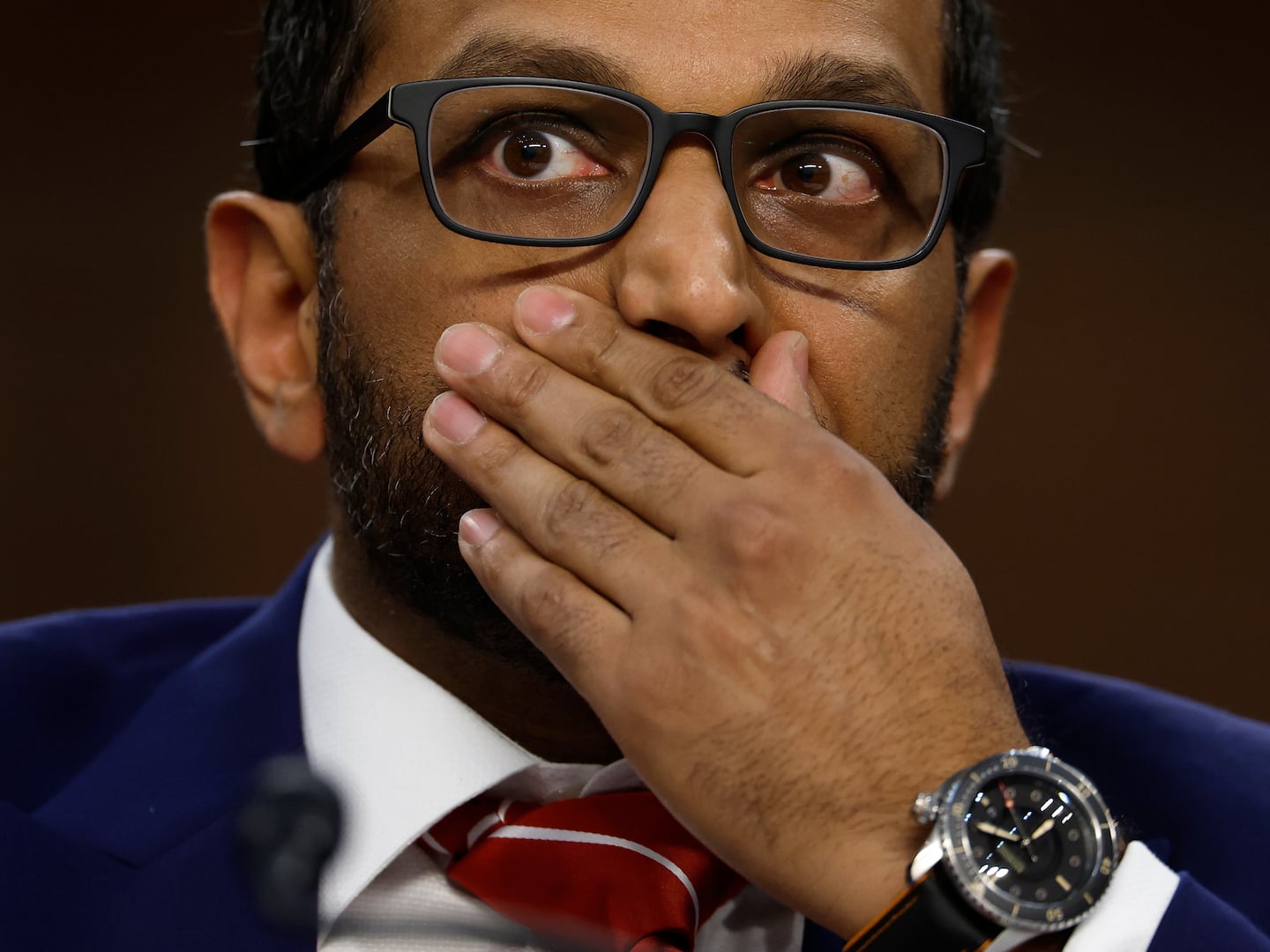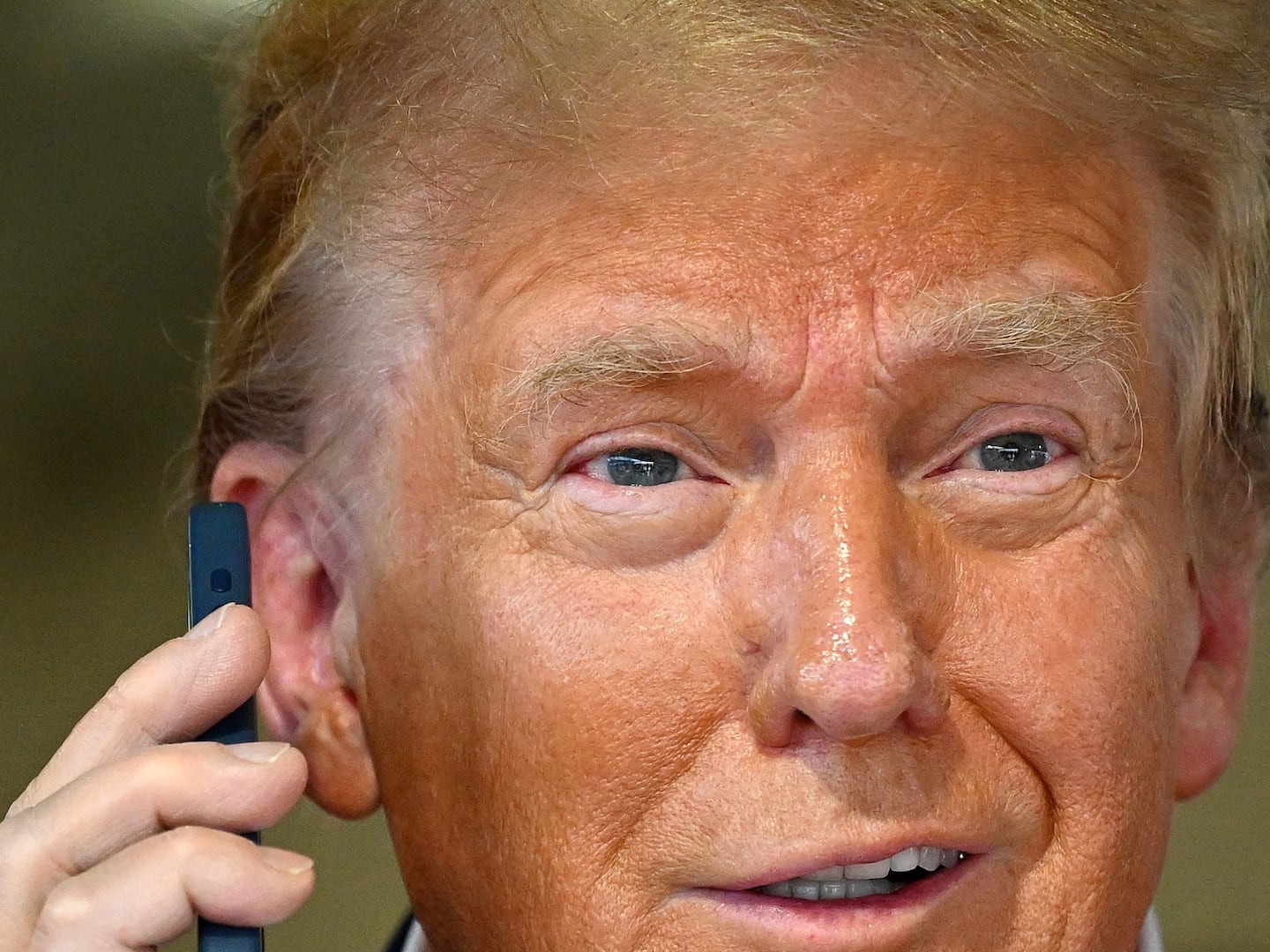Facebook, you’ll be delighted to hear, is pivoting to privacy. The company’s corporate attention will now turn to encrypted messaging, private groups, and “ephemeral messages” à la Snapchat—sorry, Instagram Stories—and other means of communication that the company would like you to know are very secure indeed.
CEO Mark Zuckerberg made the announcement himself in a Facebook post on Wednesday entitled A Privacy-Focused Vision for Social Networking, presumably intended for a readership of very credulous amnesiacs and people who have been asleep for several years.
Why would anyone trust Facebook about anything? The company was caught in a lie about the number of teenagers it spied on using a VPN app last Friday, the same day users realized that the company was now making users searchable using the phone numbers it swore blind it only wanted for security purposes. This is distinct from the time it was accused in court of lying about faulty video metrics that more than doubled the figures it used to charge advertisers, the time it said it would purge pages related to the Pizzagate conspiracy theory and then didn’t, the time Sheryl Sandberg suddenly remembered she actually had instructed a PR agency to trash George Soros contrary to what she’d said earlier, and of course, the time the company banded together to dissemble about whether or not the Russian military had used its platform to distribute electioneering propaganda to scores of millions of Americans, which only came to light because of research by the Tow Center’s Jonathan Albright.
But someone ought to tell the trusting, the forgetful, and the very sleepy: Facebook has not suddenly stopped being the company it was last month, when it was caught tracking the GPS coordinates of people it judged to be a threat. Facebook, and Zuckerberg in particular, are fond of responding to questions about privacy by enumerating the various ways users can protect themselves from other users who might want a peek at their vacation photos.
But of course, that’s not who most Facebook users want privacy from, or about. They want privacy that extends to granular information about their private lives, and they want it from Facebook, and from Facebook’s many unscrupulous clients and consultants, like Cambridge researcher Alexandr Kogan, who developed a profile-harvester that mined the service for Cambridge Analytica, and their clients’ clients’ clients, like Palantir. They’d probably enjoy privacy from apps apparently unaffiliated with Facebook that secretly sell the company information about their menstrual cycles. They also might want privacy from law enforcement agencies that that want to do them harm, with which Facebook promises to work in Zuckerberg’s post. (Not the bad ones, though, he swears.) The shift to encrypted and closed messaging will indeed create a zone of much greater privacy, but, as always, it will be a benefit that almost exclusively aids Facebook. And when Zuckerberg gets in trouble, with consumer groups or Congress or a reporter, he will fumblingly apologize, like he always does.
The company’s closed-but-not-encrypted app, Instagram, is far more difficult for researchers and data journalists to explore than open fora like Twitter or even Facebook proper, and the firm’s closed products are hives of the worst kind of conspiracy-mongering, fomenting anti-immigrant rage on Groups in the U.S. and enabling full-blown genocide overseas via Facebook Messenger. The simple existence of closed products isn’t necessarily a good thing—by nature, they spread disinformation very efficiently, as Chi Zhang observed in her report on disinformation in the Chinese diaspora on Tencent’s app WeChat.
Closing off as much of Facebook as possible to the public also seems strangely out of character. As NBC’s Olivia Solon observed on Twitter, Zuckerberg has spent years telling anyone who would listen that expectation of privacy was fated to go the way of the steam engine. Now it’s the way of the future. What gives? The privacy-is-dead declaration was very popular among Zuck’s peers, notably Eric Schmidt, along with lots of people would know what you liked to eat and where you spent your vacation and how what kind of toothpaste you used. It might be a little uncomfortable, the pre-election-meddling theory went, but that discomfort was just user error.
The problem, of course, was that while Facebook was optimized for use by people who want money, not everyone turned out to be as laser-focused on money as Zuckerberg or Schmidt. Some people wanted other things, like the Crimean peninsula, or to kill all the Muslims in Burma. But Facebook is publicly traded, and that means it can only exist in the service of making money. The reason Zuckerberg is talking about protecting your privacy here isn’t that contributing to genocide and invasion are wrong, it is is that they are bad things to have to note on an annual report.
The much more likely outcome of the proposed changes to Facebook will be protection for the company itself: from any competitors that might arise, academic researchers, regulators, and journalists. In that sense, there’s no disconnect at all. Zuckerberg probably still wants you to share freely, perhaps even more freely now that you have his assurance of safety, because the information you put on Facebook forms his company’s sole significant revenue stream: super-targeted advertising.
Facebook’s margins are gobsmacking. The company’s only real product is advertising and it made $16.6 billion from ads last quarter. That’s a 38-percent growth over the same period in 2018 on an operating margin of 46 percent, according to documents the company submits quarterly to the Securities and Exchange Commission. By any standard that is an eye-watering return on investment, and it’s all made possible by the practice of slurping up user data and regurgitating it in interesting shapes for its clients, who, increasingly, have no real choices for advertising venues beyond Facebook and Google. For Facebook to provide the kind of privacy users actually want, it would have to cease operations, and at the moment it makes an average of $7.37 for each one of its 2.32 billion active accounts.
There are a few things that could jeopardize the continued influx of those incredible sums of cash, among them regulation and continued bad press that causes users to flee. To continue to rake in all that money, Facebook needs to both drop out of the public eye and steer regulators toward the parts of its business that it’s clearly trying to downgrade: public pages and news content.
A Facebook that is composed primarily of private networks of like-minded enthusiasts, wonks, and conspiracists is inhospitable to the local newsrooms that Facebook claims to care so seriously about, but it is also not going to draw the attention of national newsrooms. And it probably won’t have to listen to congressmen like Steve King darkly hint at punishing it over supposedly censoring conservatives in a televised hearing before the House Judiciary Committee the way Google CEO Sundar Pichai did in December.
Where does that leave those of us who want to hold the company accountable? On the sidelines, Facebook hopes, perhaps trading anecdotes in some 10,000-member closed group for underemployed journalists and writers, our publications unburdened by any advertising at all.






